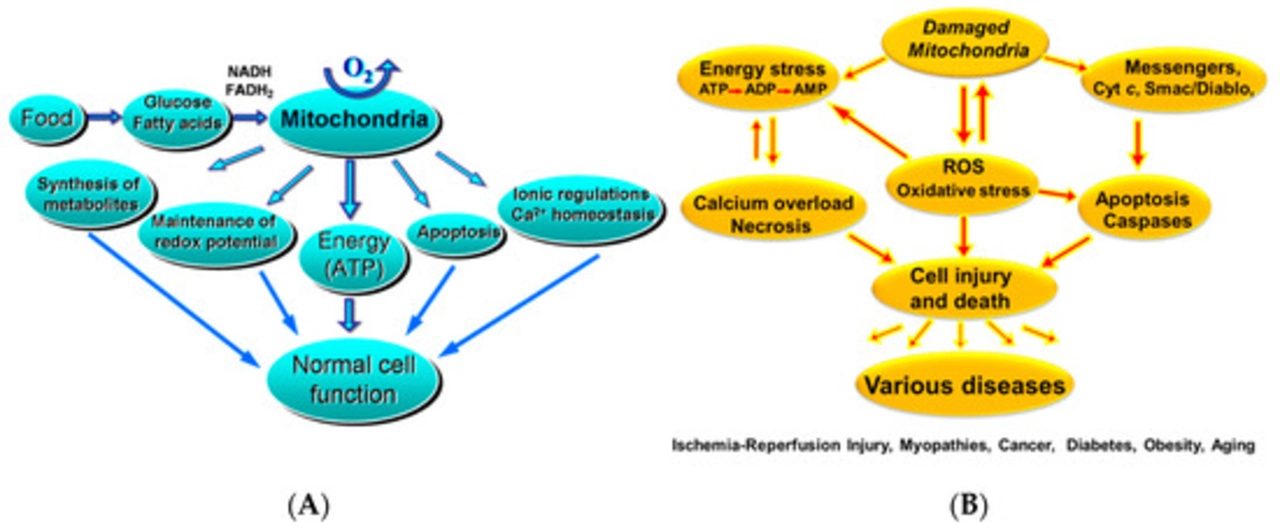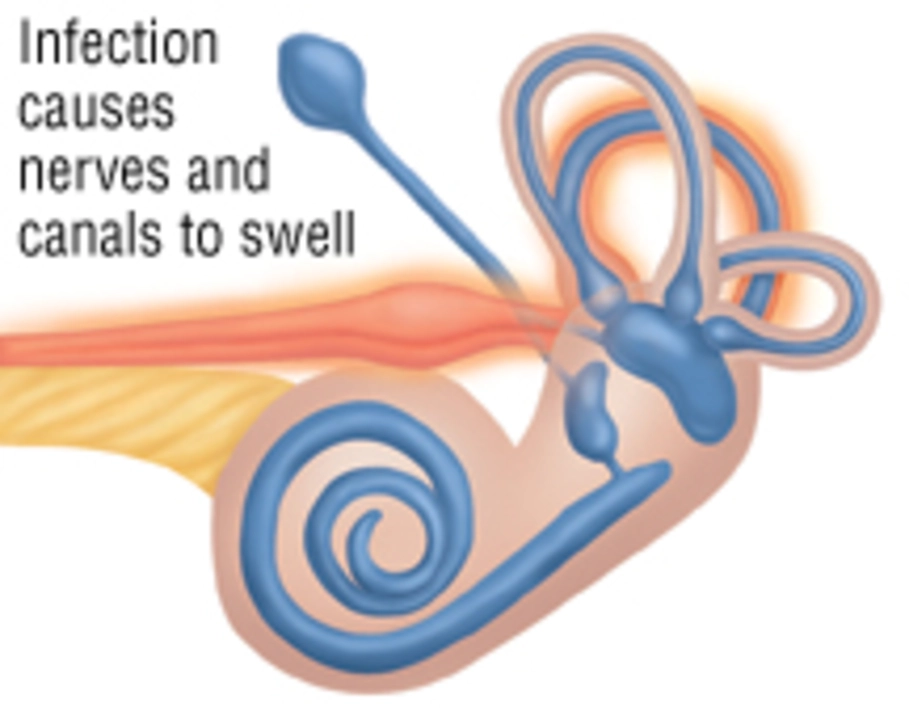April 2023 Health & Drug Posts — NowRx.com Archive
A blocked artery suddenly reopened can do as much harm as the blockage itself. In April 2023 we published four practical posts that explain antioxidants and reperfusion injury, common vertigo types, a new ophthalmic antibiotic, and chloramphenicol eye drops for conjunctivitis.
Reperfusion injury happens when blood returns to tissue after being starved of oxygen. That burst of oxygen creates free radicals and inflammation. Antioxidants neutralize those free radicals and help limit tissue damage. Foods rich in antioxidants include berries, nuts, leafy greens, green tea, and citrus. Adding these foods to your daily meals helps build resilience, but if you face a heart or stroke emergency follow medical advice immediately—antioxidant-rich diets support recovery over time rather than replace emergency care.
Vertigo can come from a few different problems. BPPV is caused by tiny ear crystals shifting and often responds well to simple repositioning maneuvers such as the Epley. Meniere's disease involves fluid buildup and gives episodic severe attacks with hearing changes. Vestibular neuritis is nerve inflammation that causes prolonged imbalance. If you have brief position-triggered spins try Epley under guidance; see an ENT if you have hearing loss, constant dizziness, fainting, or neurological signs.
Besifloxacin is a newer eye antibiotic built specifically for topical use. It targets a broad range of bacteria and shows low resistance in clinical testing. That makes it a useful option for bacterial eye infections while keeping systemic exposure low. Talk with your eye doctor about whether besifloxacin fits your situation, especially if you have recurrent infections or past antibiotic resistance.
Chloramphenicol eye drops remain a practical choice for bacterial conjunctivitis in places where they are available over the counter. They work by stopping bacterial growth and often ease redness, itching, and discharge quickly. Use as directed on the product label or by your clinician. If symptoms worsen, vision changes, or you develop fever, seek medical attention—rare systemic risks exist with extensive use, so follow recommended duration.
Quick tips
Quick tips: If you suspect reperfusion injury after a cardiac or stroke event rely on emergency services immediately; later, ask your care team about antioxidant-rich nutrition and rehabilitation that supports recovery. For vertigo, keep a symptom diary noting triggers, duration, and hearing changes; this helps diagnosis and guides maneuvers or vestibular therapy. With eye infections, avoid rubbing eyes, wash hands, and avoid contact lenses until cleared. Don’t share eye drops or towels. When antibiotics are recommended, follow the full course and report side effects like worsening pain or vision blur. Finally, if you have repeated eye infections or persistent dizziness, ask for cultures or imaging—targeted testing prevents overuse of drugs and speeds correct treatment.
Next steps
Subscribe to updates and consult a clinician for personalized care and prescribing advice regularly.







